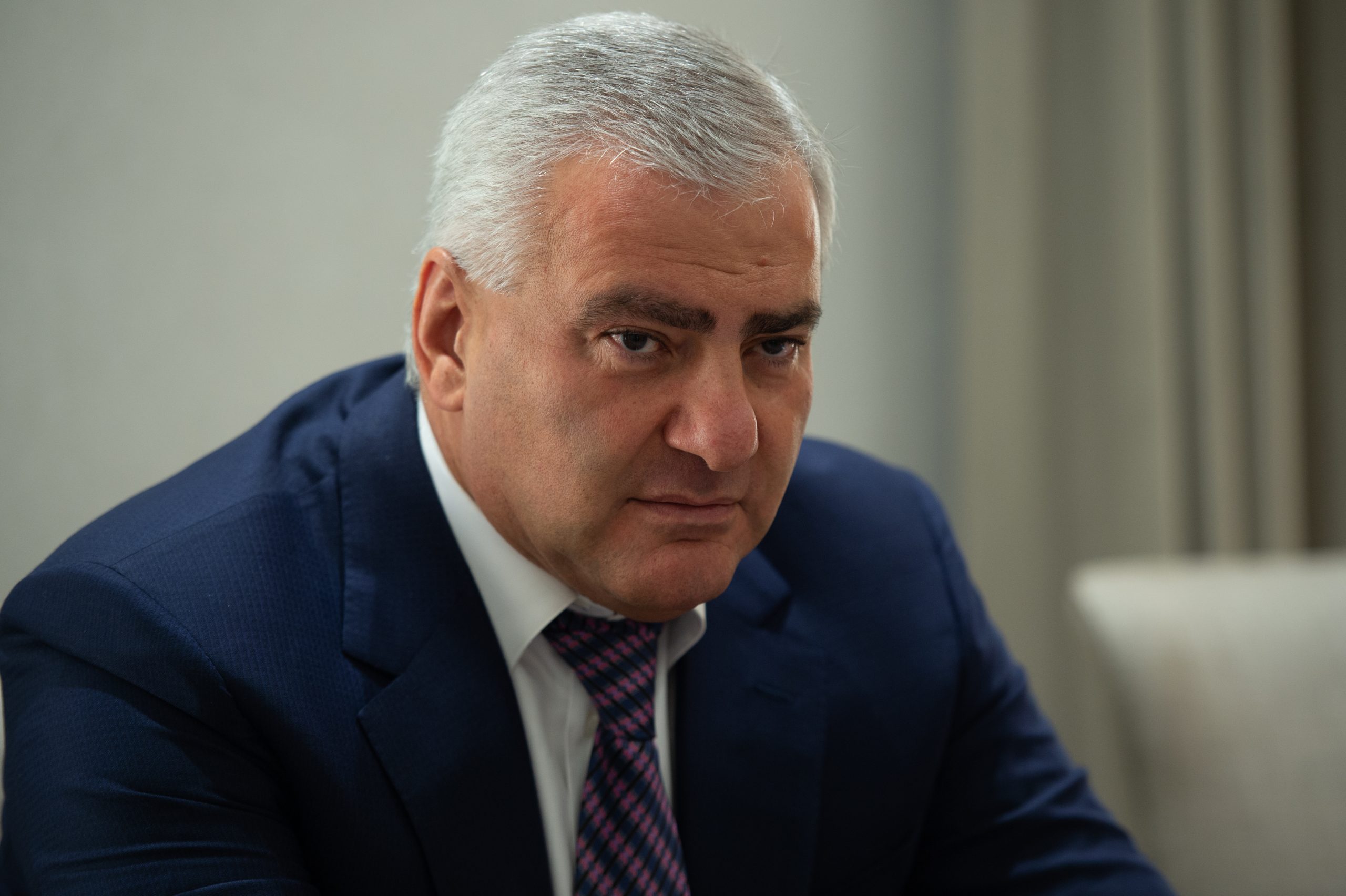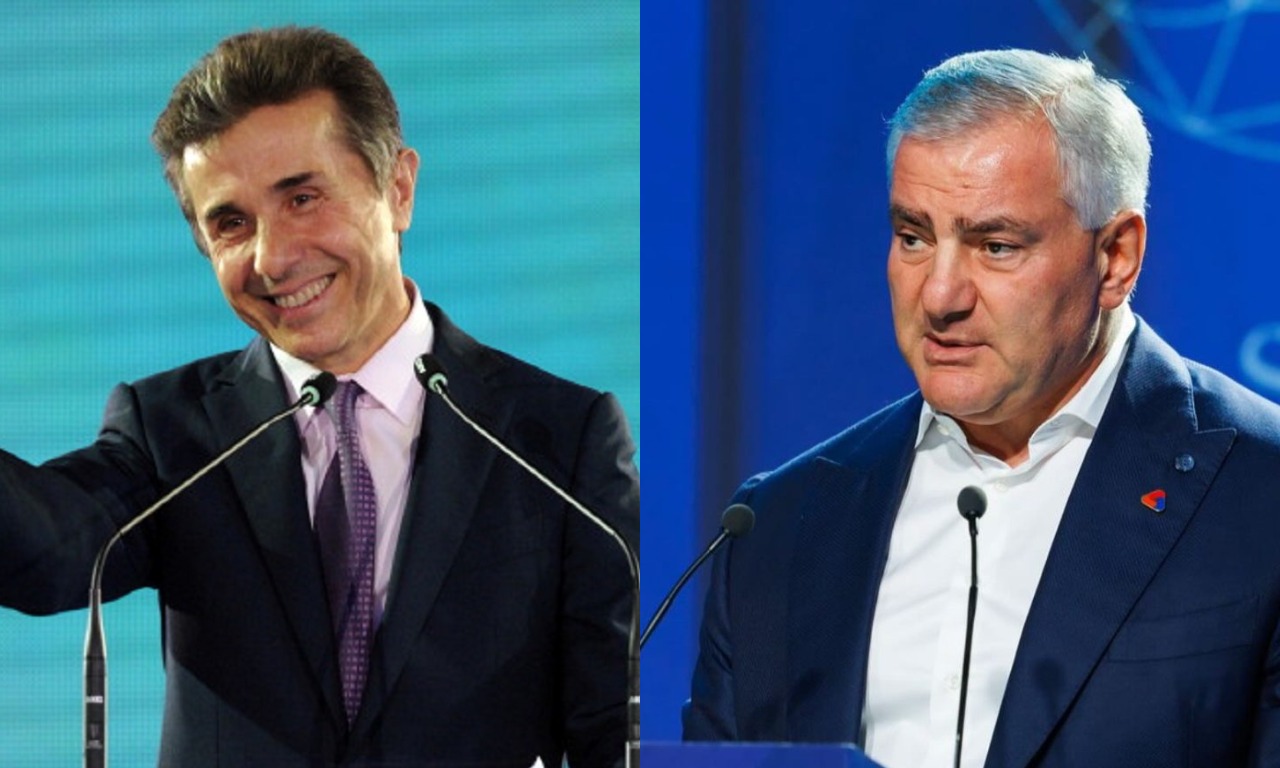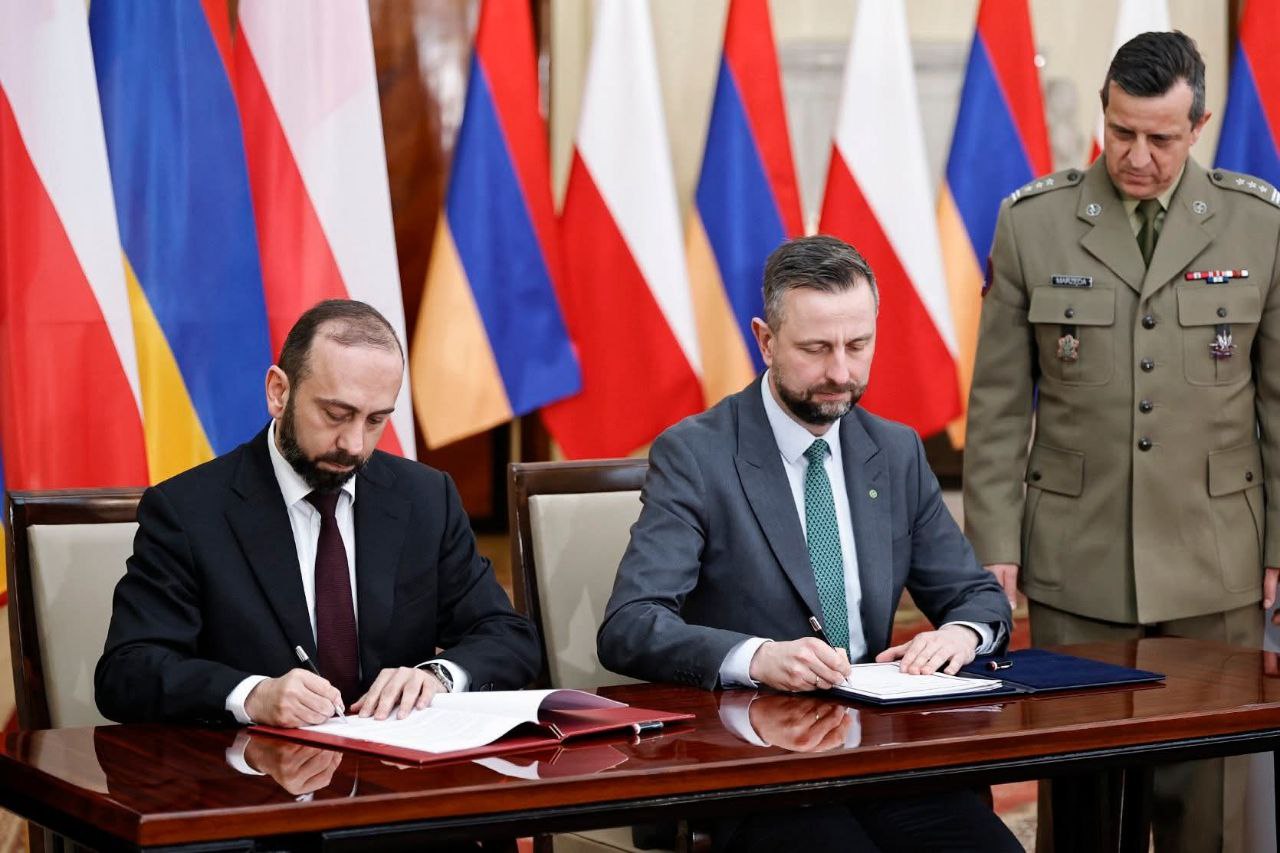"Pashinyan won’t stay in power — we’ll join the election fight": Armenian ex-president
Kocharyan on Armenia’s 2026 elections
Armenian prime minister Nikol Pashinyan has “no chance of staying in power” in the upcoming 2026 parliamentary elections, former president Robert Kocharyan has said in an interview with a local outlet.
Kocharyan believes that while Pashinyan still has influence over part of the electorate, his support has significantly weakened and his ratings are in decline.
The former president also announced that the opposition “Armenia” (Hayastan) parliamentary bloc, which he leads, is preparing to take an “active and substantial” role in the elections. He added that certain developments could accelerate a change of power before the vote — though he did not elaborate.
According to Kocharyan, a second “significant force” has now entered the political arena alongside the Hayastan bloc. He was referring to a new political movement announced by Russian-Armenian businessman Samvel Karapetyan.
Political analyst Suren Surenyants, however, dismissed Kocharyan’s claim of two major forces as unsubstantiated.
“The Hayastan bloc is practically inactive. Samvel Karapetyan’s force hasn’t even been born yet. And the ‘fundamental change’ in the political landscape still awaits real players — not contenders,” Surenyants wrote on Facebook.
- Pashinyan remains Armenia’s most trusted politician, but his approval rating has declined: IRI poll
- Archbishop’s diary and attempted coup in Armenia
- “Former authorities want to say we’re just as much thieves as they were” – Pashinyan
- Armenian Prosecutor General seeks confiscation of former President Robert Kocharyan’s illicit assets
Kocharyan: ‘Samvel Karapetyan’s new political force has serious potential’
Armenia’s second president, Robert Kocharyan, says the opposition field is far from ideal, marked by intense — and not always healthy — competition.
Kocharyan highlights two major players: the Hayastan bloc, which he leads, and a new political force forming around Russian-Armenian businessman Samvel Karapetyan. While he admits he doesn’t know much about Karapetyan’s group yet, he believes it has strong potential.
“Pashinyan gave Karapetyan a noisy entrance into politics,” Kocharyan said. “He probably thought — a rich businessman like him, throw him in jail and he’ll break, he’ll cut a deal.”
In June, an Armenian court ordered Karapetyan to be held in pre-trial detention for two months. He is accused of making public calls to overthrow the government. From behind bars in July, Karapetyan announced plans to launch a new political movement, saying he’s open to working with other opposition figures.
The Hayastan bloc welcomed Karapetyan’s political statement but stopped short of offering support. Its MPs said only that “time will answer all questions.”
Asked whether Karapetyan could run the country, Kocharyan replied:
“Building a business empire like that from scratch shows he has leadership talent and knows how to work with the right people. He has no political experience, but he does have experience running very large systems. [Karapetyan, a dollar billionaire, owns the Electric Networks of Armenia.] They’ll put together a political team and bring in the right people. They say — technocrats — which would be something new for Armenian politics.”
Kocharyan also called Karapetyan’s arrest “an act of stunning ingratitude” toward a man known for his charitable work.
As for the ongoing process of nationalising Karapetyan’s company, Electric Networks of Armenia, the former president described it as “state racketeering.”
Political analyst Suren Surenyants comments on Kocharyan’s interview
“I followed former president Robert Kocharyan’s interview closely, hoping to hear solutions or proposals for national unity.
Unfortunately, my expectations weren’t met — Kocharyan still seems unable to overcome his inflated sense of political importance.
He claims that two major forces have now formed in the political field:
- the Hayastan parliamentary bloc
- and the group emerging around Samvel Karapetyan.
But the facts paint a very different picture.”
The real state of the Hayastan bloc
“Since the 2021 snap parliamentary elections, the Hayastan alliance has lost one of its key members: the Reborn Armenia party withdrew from the bloc.
Even within the Armenian Revolutionary Federation (ARF Dashnaktsutyun), which remains part of Hayastan, Kocharyan’s leadership appears to be a source of division. There seems to be no clear consensus around the former president’s role at the top.
So what is the Hayastan bloc, politically or institutionally speaking?
Since 2021, it has not taken part in any local elections — not in Yerevan, not in Gyumri. It also stayed out of the mass opposition movement “Sacred Struggle.” The bloc doesn’t support the impeachment process against the prime minister, offering vague explanations and drawing an artificial contrast between impeachment and the 2026 elections.
At present, Hayastan functions only as a parliamentary faction. It lacks an institutional structure and does not engage in organised political activity.
In reality, the bloc is no longer a serious political force — it’s little more than a parliamentary remnant.
So, what exactly is this “significant force” Kocharyan is talking about?”
On Samvel Karapetyan’s political force
Kocharyan describes Samvel Karapetyan’s group as a “significant player” — but it doesn’t actually exist yet.
- There’s no registered party,
- no ideology or political programme,
- no structure, and no public activity.
Karapetyan’s only real advantage is his financial resources — but those have yet to translate into political capital.
The movement he’s forming clearly has potential. But how can it be considered influential when it doesn’t even exist as a legal entity?
The real message behind Kocharyan’s claim
Kocharyan is trying to create the impression that the political field is becoming polarised around him. But in reality:
- his isolation within the broader opposition is clear,
- other parties and public figures avoid sharing a platform with him,
- his statements are more about maintaining the appearance of relevance than reflecting actual political weight.
Far from being a unifying figure, Kocharyan is a divisive force whose presence complicates any attempt to unite the opposition.




















